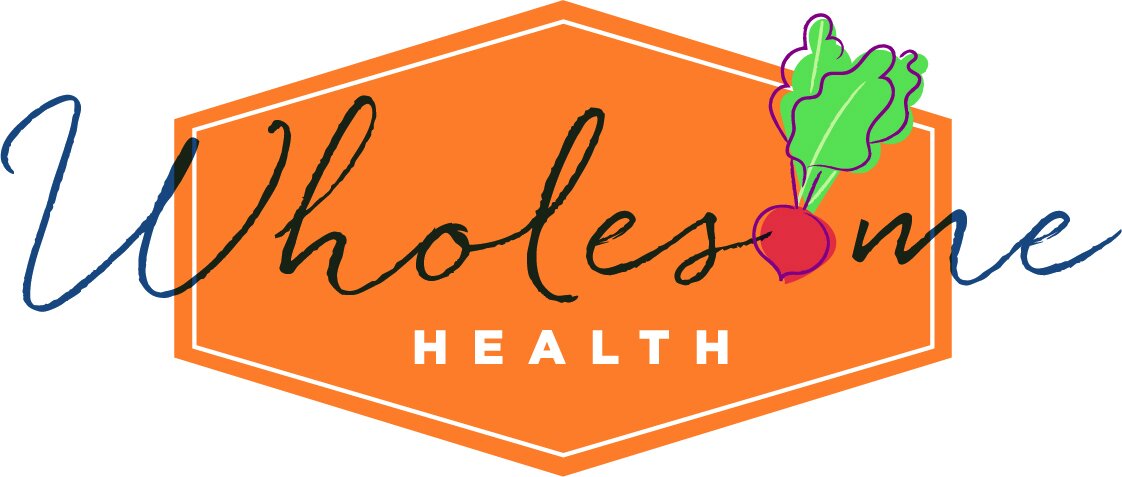Diets 101: The Carnivore Diet
As you probably know, there are numerous diets that promise weight loss or a variety of other health benefits. The Carnivore Diet is one you may or may not have heard of, but its name tells it all. Read on to find out what the Carnivore Diet is, what foods it includes and excludes, and the pros and cons to following this diet.
What is the Carnivore Diet?
The Carnivore Diet is very restrictive, consisting of only meat and some other animal products. There is no research backing up this diet, but proponents claim it can help with weight loss, improve mood, and regulate blood sugar levels. Many diets such as Keto or Atkins aim for very low-carbohydrate intake, but the Carnivore Diet recommends consuming no carbohydrates at all.
What to eat and drink?
Foods that can be included while following the Carnivore Diet are:
Meat (pork, beef, lamb, etc)
Organ meats (liver, heart, and kidneys)
Poultry (chicken and turkey)
Fish and shellfish
Eggs
Small amounts of low-lactose dairy products (butter, heavy cream, and hard cheese)
Bone broth
Lard
Bone marrow
Water
The Carnivore Diet recommends eating higher fat meats such as bacon, steak, and salmon to help meet daily calorie needs.
What to avoid?
The Carnivore Diet excludes several whole food groups, including:
Fruit
Vegetables
Legumes (beans, peas, lentils, and peanuts)
Grains
Nuts and seeds
Higher lactose dairy products (milk, yogurt, soft cheese, and ice cream)
All sugar
Alcohol
Soda, coffee, tea, and juice
Risks and side effects
Consuming a diet that excludes the majority of food groups is not usually a good idea. Eating a diet consisting mainly of meat can lead to cardiovascular issues due to the high intake of saturated fat and sodium. Fatty fish such as salmon, tuna, and sardines contain heart-healthy unsaturated fats, but many people on the Carnivore Diet likely aren’t going to make these foods that majority of their diet.
Additionally, many processed meats like bacon and sausage are high in sodium, which can lead to an increase in blood pressure. Research also shows that eating processed meats can increase the risk for stomach and colorectal cancer; the American Institute of Cancer Research recommends avoiding processed meats.
A diet without plant foods is going to be lacking in many vitamins and minerals. Fiber in particular is important for digestion and helps prevent constipation, therefore a diet without any fiber will likely lead to bloating, gas, and constipation. Recommendations for fiber intake are 38 grams per day for men and 25 grams per day for women.
Another nutrient lacking on the Carnivore Diet includes potassium (found in many fruits and vegetables), which helps regulate blood pressure and muscle contractions. Additionally, vitamin A (found in red- and orange-colored fruits and vegetables) is important for vision, skin, immune function, energy, and reproduction. These are just two of the nutrients the Carnivore Diet is lacking in.
Basically, consuming a diet without any fruits and vegetables will lead to fatigue, skin problems, increased likelihood for getting sick, and constipation, among others. Does this sound like a diet that you want to follow?
As you can see, following the Carnivore Diet has many downsides. Though the possibility of weight loss, improved mood, and better blood sugars may sound appealing, the risks of a diet lacking any plant foods outweighs the benefits. If you’re looking for a more balanced approach to weight loss or improved health, try talking to a registered dietitian to help you come up with a plan that will work for you and help you see results.



